The successful research and production of endophytic fungi is the result of the scientific and technological task of the research group of the Institute of Biotechnology and Environment Research - Ho Chi Minh City University of Agriculture and Forestry, led by Dr. Truong Phuoc Thien Hoang, which has just been accepted by the Ho Chi Minh City Department of Science and Technology.
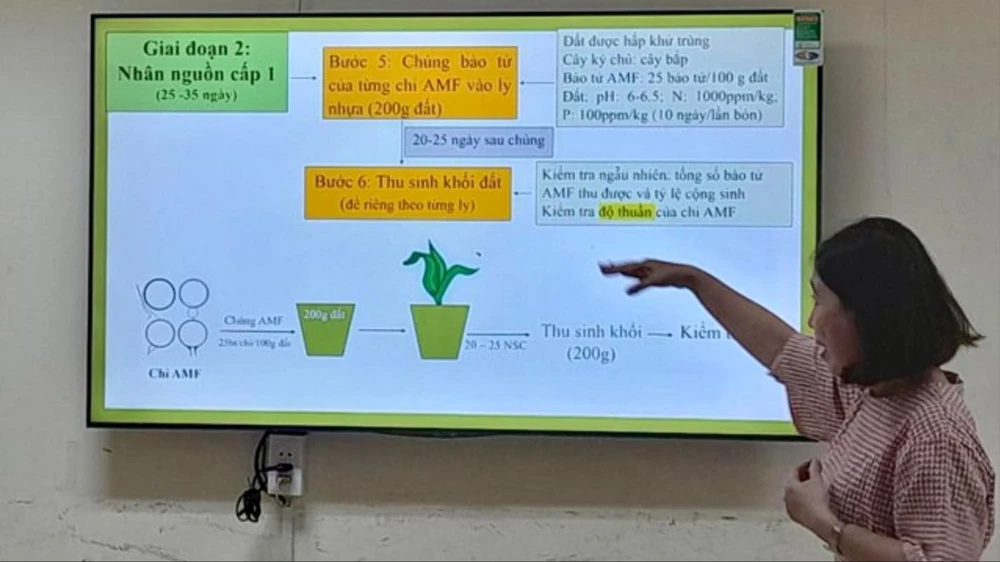
The research results open up a new and sustainable approach for organic vegetable production, minimizing the use of pesticides.
Many benefits from endosymbiotic fungi
Crops and soil nutrition are intrinsically linked because soil contains and supplies nutrients to plants, so the decline in soil nutrients can lead to low crop quality and quantity. In addition, many microorganisms such as fungi, bacteria, viruses, nematodes, etc. affect agricultural production and lead to great yield losses with about 20%-40% of crop yield losses caused by pathogen infection.
Pathogens caused by nematodes and root nodules have caused serious yield losses in crops due to their ability to invade a number of plant species; at the same time causing root rot, yellow leaves, leaf loss, stunting and wilting in infected plants. Therefore, the use of biological products in general and endophytic fungi in particular has become a trend, bringing many outstanding benefits compared to the use of chemical products such as helping to improve the soil, increase soil fertility, enhance plant resistance, help balance nutrition as well as the ecosystem in the soil and water environment of agricultural production.
According to Dr. Truong Phuoc Thien Hoang, Institute of Biotechnology and Environment Research - Ho Chi Minh City University of Agriculture and Forestry, managing root-knot nematodes and soil-borne fungi is a big challenge for greenhouse growers. Many agricultural countries are moving towards sustainable agriculture, biological solutions in the direction of green approaches are widely researched and applied... so researching and producing endophytic fungi to serve the field of green, clean vegetable production is a real need, especially in Ho Chi Minh City.
Therefore, the topic "Research on the production of arbuscular mycorrhiza (AM) to control nematodes and some pathogenic fungi on vegetables in the Ho Chi Minh City area" chaired by the Institute of Biotechnology and Environment Research - Ho Chi Minh City University of Agriculture and Forestry, Dr. Truong Phuoc Thien Hoang as the project manager was highly appreciated by the acceptance council, bringing many benefits to farmers.
New approach in clean vegetable production
To carry out the research, the group isolated and selected a set of endophytic fungi Arbuscular Mycorrhiza; surveyed the ability of endophytic fungi to control parasitic nematodes and limit pathogenic fungi on crops; developed a production process for biological products containing endophytic fungi that can control nematodes and pathogenic fungi that harm crops. Thereby, the group produced biological products containing endophytic fungi to control nematodes and pathogenic fungi that harm vegetables... and developed a technical process to guide the use of AM products on vegetables.
AM fungi play an important role in improving nutrient uptake from the soil, increasing drought and pathogen resistance in crops. Some species of mycorrhizal fungi have the ability to effectively control soil pathogens caused by Fusarium, Phytophthora, Pythium, Rhizoctonia and Sclerotinium fungi, thereby limiting yield losses in crops.
The research team also completed a powdered AM endophytic fungal preparation containing beneficial fungal groups capable of controlling fungal pathogens and nematodes, applied to the process of growing tomatoes and chili peppers in small and large scale models in Hoc Mon and Cu Chi districts (HCMC). In addition, the project also created a source of domestic AM fungi capable of controlling plant pathogens, contributing to the organic agricultural production program of HCMC in particular and the whole country in general.
Dr. Truong Phuoc Thien Hoang and his colleagues developed a process for multiplying the biomass of the Acaulospora genus in 100-150 days, through 4 stages, each stage requiring 20-50 days. The optimal storage time for AM fungal biomass products is 60 days and the best shelf life for AM products is 180 days.
With the success of perfecting the AM symbiotic fungal biomass multiplication process and corresponding biological products, scientists in Ho Chi Minh City have opened up a new approach to the field of clean vegetable production, helping to keep the soil and users safe, protect the environment, and actively promote the trend of farming towards organic and sustainable products.
BA TAN
Source



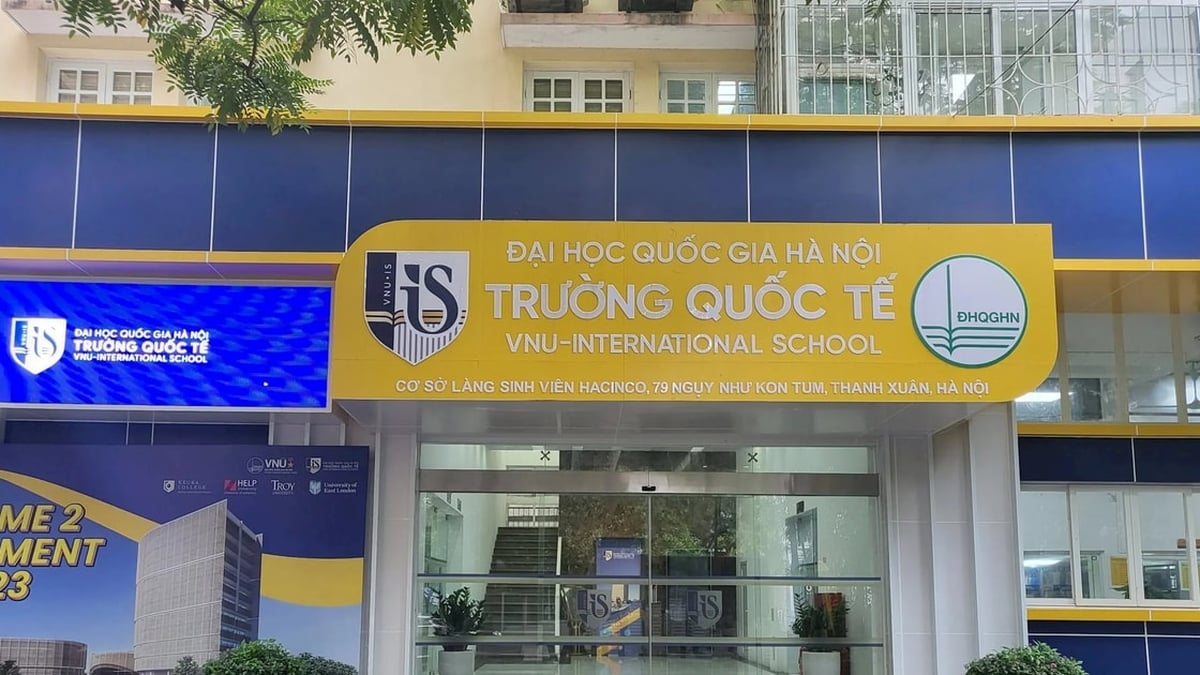
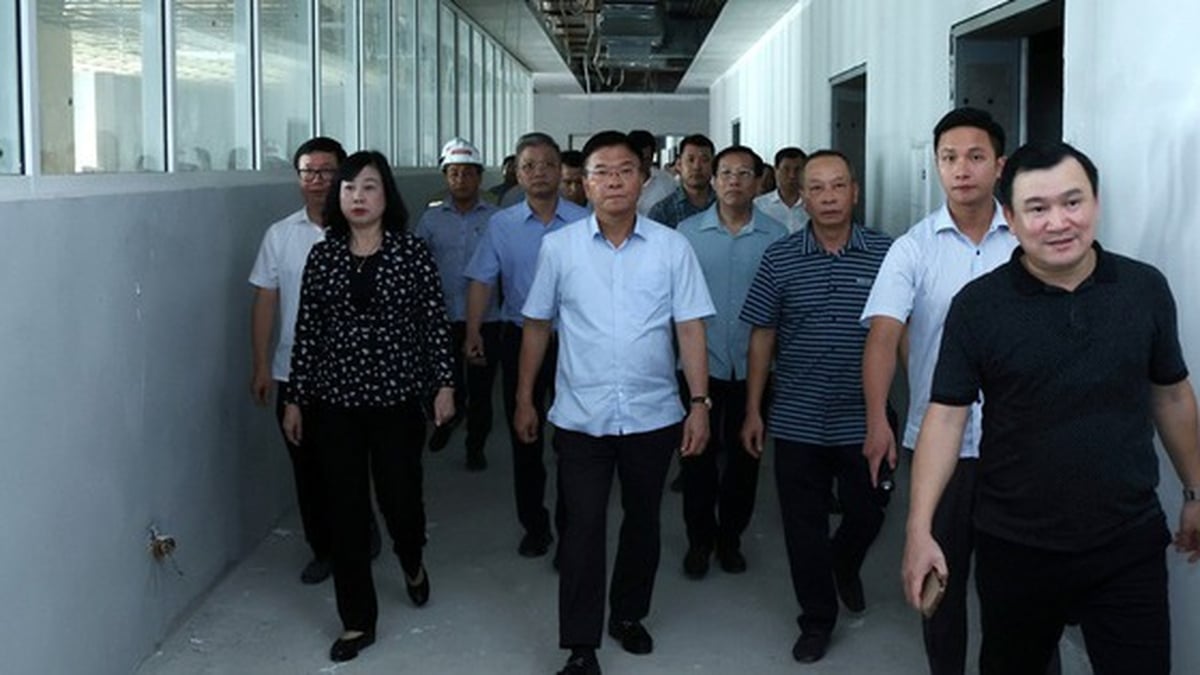
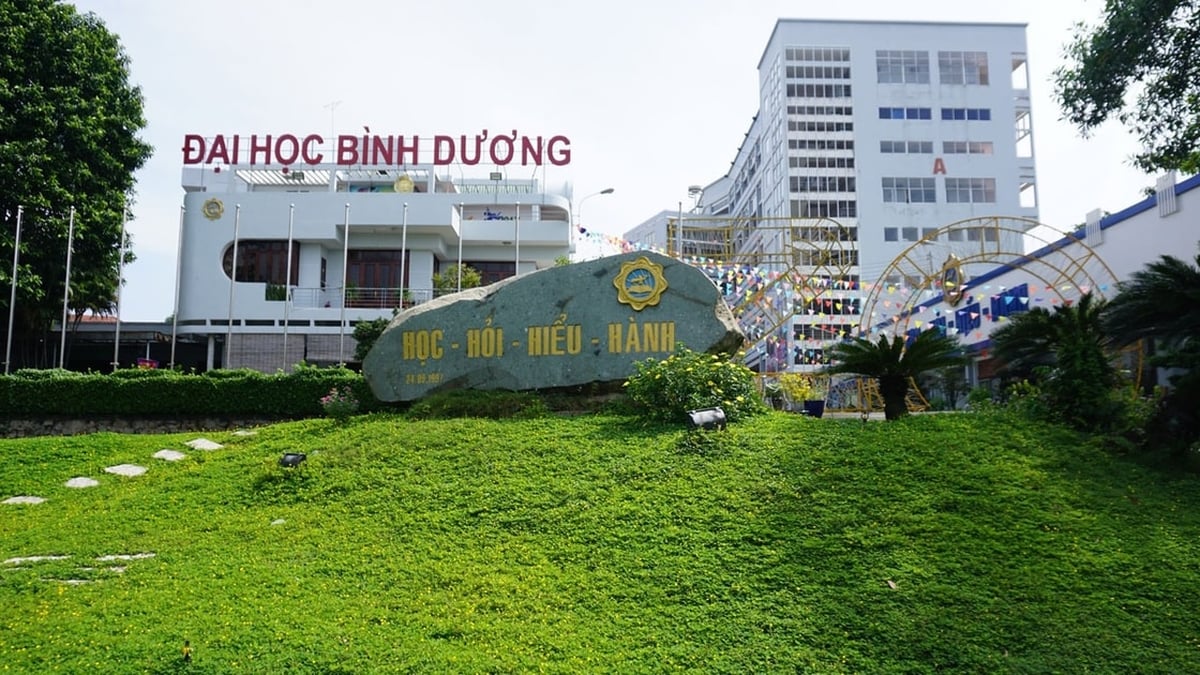
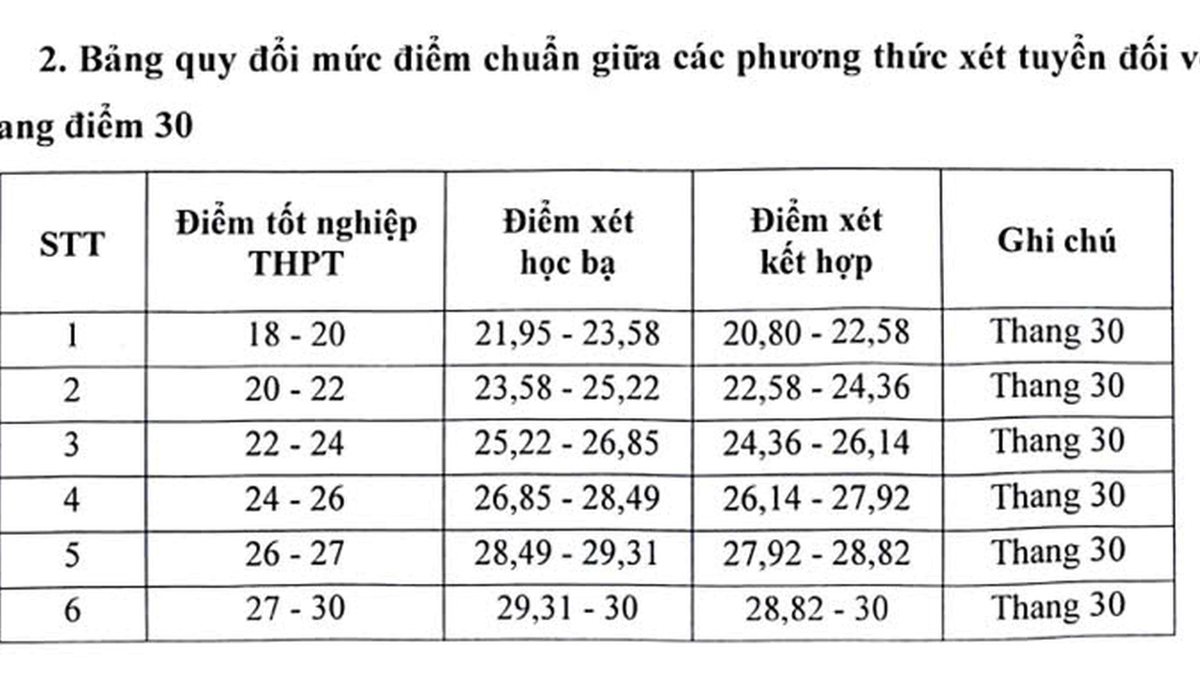
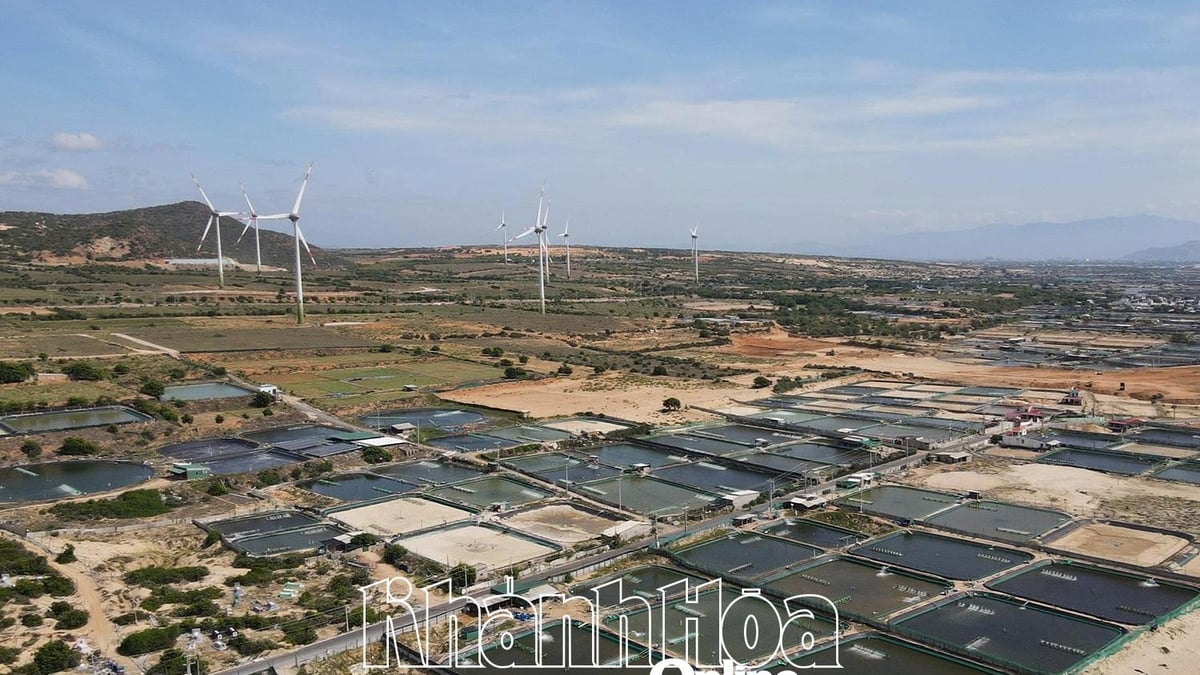
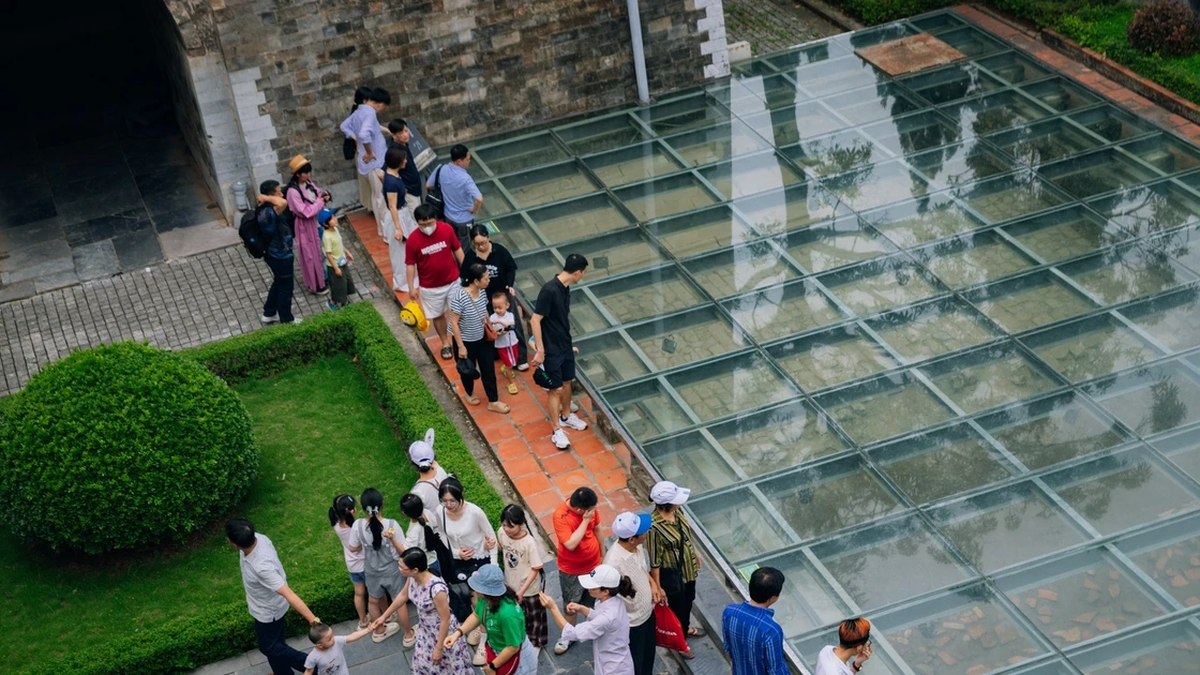















![[Photo] National Assembly Chairman Tran Thanh Man visits Vietnamese Heroic Mother Ta Thi Tran](https://vphoto.vietnam.vn/thumb/1200x675/vietnam/resource/IMAGE/2025/7/20/765c0bd057dd44ad83ab89fe0255b783)












































































Comment (0)